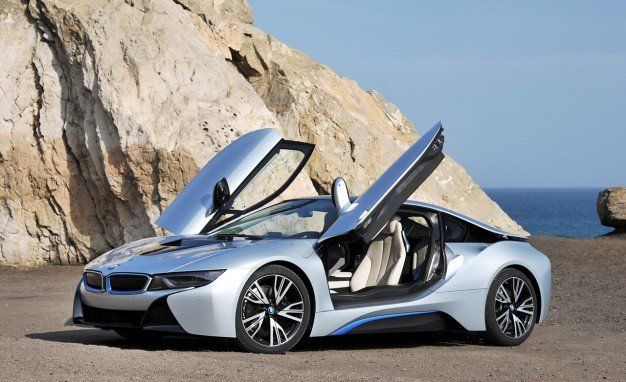Electric Vehicles: Does it Make Financial Sense to have Solar Power?
Believe it or not, electric vehicles (EV) have been around for many years. In the 1820s, electric vehicles were developed to power tiny cars and, in 1900, nearly 30% of cars on the road were electric cars. It’s even been widely reported that even President Woodrow Wilson toured Washington DC in his “Milburn Electrics” EVs in the early 20th century! By the early 20th century, however, gasoline technology had more or less eclipsed EV technology altogether as an alternative source for powering vehicles for economical reasons.
Fast forward to the current year 2017 and electric vehicle technology is making a huge comeback. There’s been such a resurgence, in fact, that many leading car manufacturers such as Volkswagen, BMW, Volvo, Ford, General Motors, Toyota, Mitsubishi, Nissan and others have gravitated towards EV technology to gain a foothold on the growing market. Even relatively new small companies, such as the Fremont, California based Tesla, have made an incredible push into the EV market in a remarkably short amount of time because of the enthusiastic support from proponents of EV technology. Tesla, as a company, is now remarkably worth more than most car manufacturers despite only a promise that future earnings and profits will follow.
Today in California, a place where more than a quarter of power is supplied with renewable sources of energy (such as wind, solar, biomass, geothermal and hydroelectric), many consumers are not only interested in driving the newest technology, but knowing that the daily miles they log in their EVs are coming from a sustainable form of technology, such as wind and solar.
So, it does beg the question: Does it make sense for me to pair solar with my electric vehicle? …I’ll give you a hint — the answer is “yes!”
Companies, such as Chevy and Tesla have been releasing EVs with admirable ranges, sometimes cars that can exceed 220 total miles per charge or more. This is a great advancement which helps alleviate the much hated condition of “range anxiety,” a condition in which individuals are afraid to drive electric cars because of their worry of running out of a charge on the side of the road.
With this advancement of range, it comes with a greater propensity to use electric cars as a primary form of transportation. In other words, if you can drive your Tesla Model 3 further, you’re going to need to charge it — most likely with power from your home — to keep it up-and-running on the road.
Enter: solar systems. Many utilities charge very high rates for grid electricity. For example, San Diego Gas and Electric (SDGE) charges tiered customers up to $0.40 per kilowatt hour (kWh) for electricity. And if your Tesla Model S has a 100 kWh battery, that means it’ll cost $40 to “fill up your tank.” Depending on the gas station and the time of the year, it may be more cost effective to drive an efficient gasoline powered engine car than an EV…unless you have solar.
The majority of customers (who we affectionately refer to as Cosmic Solar alumni), pay an adjusted rate of less than $0.11 per kWh with solar systems. This could be for a system that’s purchased upfront with cash or a loan or also a leased system. Since all of our systems installed provide our customers with a substantially better rate of delivered electricity than the local utilities, it definitely makes sense to pair an electric car with solar in order to take advantage of the cost savings of powering your EV from the sun. There is a lot of money to be saved in that arena.
So, if you’re in the market to drive an amazingly powerful and swift EV and you’d like to save more than 65% on the cost of moving that vehicle around on the road, it definitely makes financial sense to consider installing a solar system to produce power to offset your EV charging. Or your whole house’s electrical use for that matter — why pay an electric bill at all?
Whatever your needs are, EV or otherwise, our solar consultants at Cosmic Solar are always excited and willing to speak to you regarding installing solar to power your home.



